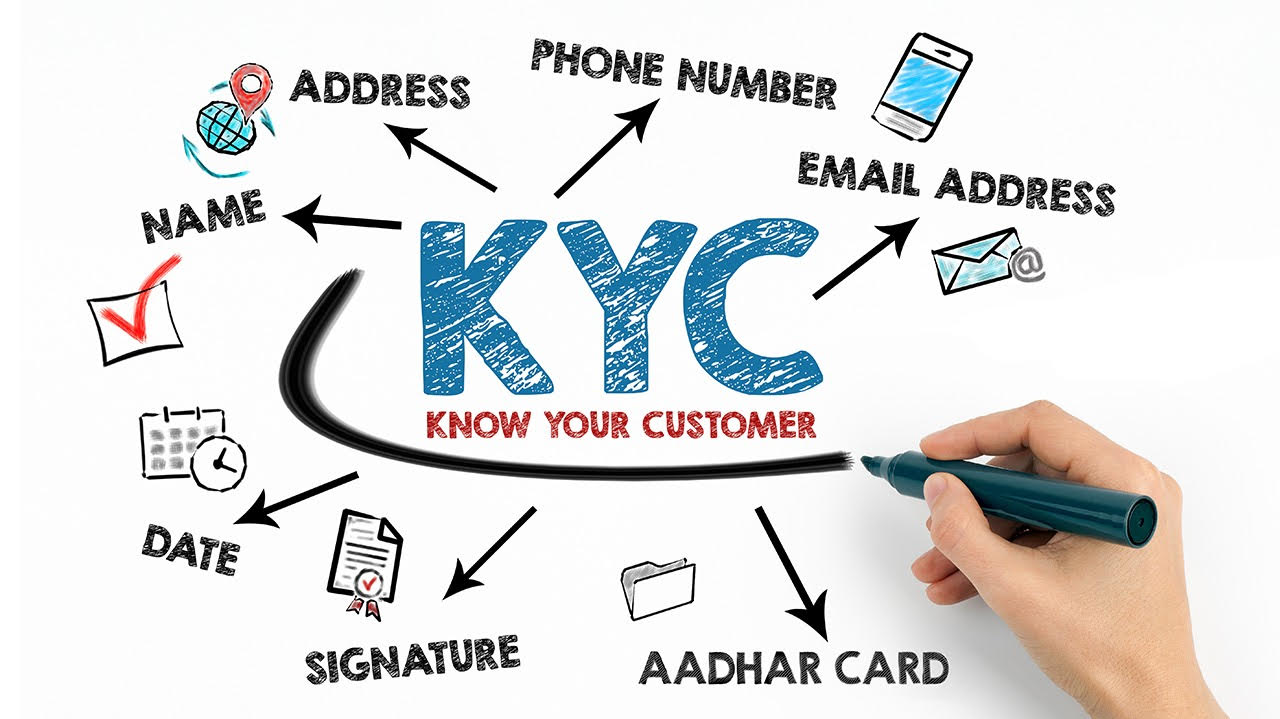KYC Guidelines for Two Wheeler Insurance
Due to a recent surge in fraudulent claims and corruption within the insurance process, the IRDAI has enforced stringent KYC norms for all vehicles. Vehicle owners are now required to submit hard copies of their identity and address proofs and must undergo face-to-face identity verification before applying for insurance. This process, known as e-KYC or CKYC, is used to verify the customer’s identity for the insurance process. In this discussion, we will explore the KYC norms and their impact on two-wheeler vehicles.
What is meant by KYC?
KYC, or “Know Your Customer,” is a process insurance providers use to verify an individual’s identity, ensuring proper record-keeping and minimizing future issues. As mandated by the IRDAI since January 1, 2023, insurance companies must verify their customers’ identities through KYC to reduce fraud and corruption in the insurance process. This process also helps insurers maintain accurate records of customers’ names, addresses, and contact numbers for future communication. Insurance providers are required to strictly adhere to KYC norms before offering any insurance to customers. KYC verification confirms the authenticity of the bike owner’s identity, while the bike registration certificate validates the legal ownership and registration details of the vehicle.
What are the KYC Guidelines for Two Wheeler Insurance?
Insurance providers must properly verify customers before issuing a two wheeler insurance policy. This mandatory process must be followed each time a customer obtains or renews their insurance, following KYC guidelines. Below are the KYC norms that must be adhered to when securing insurance:
Submit all Verification Documents
An individual must provide all necessary verification documents, including an Aadhaar card, PAN card, ration card, driving license, resident certificate, ECHS card, CGHS card, Kissan passbook, or MGNREGA card, depending on their profession. If the applicant is a juridical person, they must submit address proof for their company and offices, evidence of corporate authority, beneficiary owner ID, and appoint an authorized representative to act on their behalf.
Complete your CKYC
You must complete your CKYC, which involves storing a central record of your KYC information on government servers with your consent. This helps maintain accurate verification records for future checks. KYC for two wheeler insurance can be completed through physical, video, or OTP-based verification methods.
Give Consent to e-KYC
A person must undergo e-KYC so the insurance provider can verify their identity and proceed with their insurance application. E-KYC for bike insurance is typically conducted through a digital platform, where you may be required to provide a fingerprint or an OTP sent to your registered mobile number for verification.
Provide Bike Documents
The owner must provide all necessary bike documents for KYC in motor insurance, including the bike registration number, purchase receipt, and any previous insurance records, if applicable.
In-Person Verification
You must undergo face-to-face verification, which is essential for accurate identification. This can be done through in-person or video verification to complete the KYC process for your bike insurance.
Self-Declaration
You must provide a self-declaration confirming that all documents are genuine. If any documents are found to be false, you will be held responsible.
Give Consent to e-KYC
A person must undergo e-KYC so the insurance provider can verify their identity and proceed with their insurance application. E-KYC for bike insurance is typically conducted through a digital platform, where you may be required to provide a fingerprint or an OTP sent to your registered mobile number for verification.
Provide Bike Documents
The owner must provide all necessary bike documents for KYC in motor insurance, including the bike registration number, purchase receipt, and any previous insurance records, if applicable.
Advantages of KYC Norms for Two-Wheeler Insurance
KYC verification benefits the insurance provider and the individual in cases, especially when an insurance claim is made. Following the KYC norms helps to lessen frauds to a minimum. Some of the advantages of following KYC guidelines:
Simplified Renewal Process
You can easily renew your two-wheeler insurance policy with your provider, as they can quickly verify your identity and process the renewal.
Fraud Reduction
KYC helps reduce fraud by allowing easy tracking of verification records and enabling the reporting of any discrepancies or concerns.
Risk Management
KYC norms basically enable you to manage your future risks better because the record of your verification and reporting of all the irregularities in time facilitates in better management of risks. It is for the benefit of the insurance provider, too, because it keeps them away from risky situations.
Faster Claim Process
Completing KYC makes the insurance buying and claiming process quicker and more efficient.
Conclusion
Properly completing your KYC is crucial for keeping your two-wheeler well-insured against future issues. Insurance providers are required to adhere to KYC norms before offering any insurance, as it ensures accurate verification of customer records and helps reduce the risk of fraud. You can verify your records through KYC via physical verification, video call, or Aadhaar card-based OTP verification. KYC for bike insurance has been mandatory since January 1, 2023, as mandated by the IRDAI, so it’s essential to comply to avoid any future complications when buying or renewing insurance.

